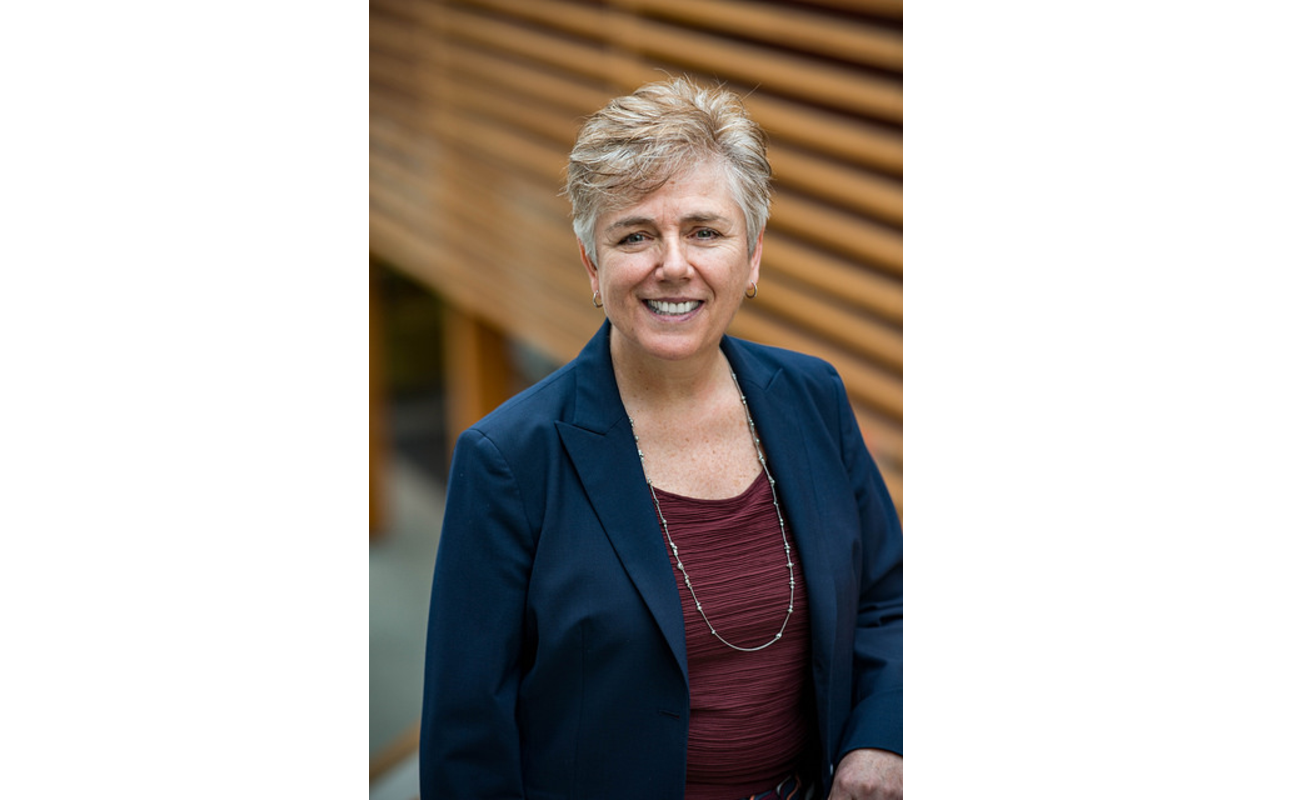Senate is the academic governing body of UFV, with the university president and vice chancellor Joanne MacLean as the chair. They are responsible for making decisions on everything academic: approving new courses and programs, approving changes to programs, setting entrance requirements, and setting the academic calendar. The Board of Governors, which looks at the business side of the university, is advised by Senate on matters of mutual interest.
All at the university are welcome to attend Senate’s public meetings, held once a month at either the Abbotsford or the CEP campus, but most do not. Regardless, Senate makes decisions that impact the daily lives of both students and faculty.
COVID-19 planning and preparation
In response to COVID-19, UFV established an Emergency Operations Centre in mid-February, in accordance with the university’s Emergency Management Plan. The Emergency Operations team is responsible for monitoring and gathering information and coordinating responses around the university regarding COVID-19, to ensure actions are centralized.
The basic structure of the team is four chiefs who each oversee different aspects of the university: operations, planning, logistics, and finance and administration. The chiefs report to the director, who coordinates the university’s response with the university’s policy group. The policy group is made up of the university president, Joanne MacLean, and the senior management officials.
According to the presentation in Senate, UFV has been following guidelines and recommendations from the federal and provincial governments, as well as local health authorities such as Fraser Health.
On March 13 the university did no plan on closing, but were developing plans in case remote learning did become a necessity. Discussions have been ongoing with the deans of each department, who have been working with individual faculty to organize a plan for each class. Resources are being made available for faculty regarding the use of remote learning technology.
Remote learning would be considered if a confirmed or suspected case of COVID-19 were to be found on campus or if a nearby outbreak occurred. The university would also move to remote learning if directed to by either the provincial or federal government.
On March 15, two days after the Senate meeting, UFV announced that they would be pausing all classes for a week. Classes will resume remotely starting March 23. No known or suspected cases of COVID-19 have been reported by the university, as of March 17.
UFV has created a webpage for COVID-19 FAQs and an email to answer further questions at covid19@ufv.ca.
UFV’s 2020-21 Consolidated Budget Plan is a “good news budget,” according to Jackie Hogan, chief financial officer and vice president administration, who presented the budget at Senate.
A $9.9-million increase in revenue has been budgeted for in 2020-21, with international student enrolment being the largest contributor to that increase.
In addition to an increase in enrolment, UFV has implemented a new international “per credit” tuition model for international students. Previously, international students paid a flat fee which totalled 15 credits. Now, students pay a flat fee for 12 credits and an additional fee for each credit after. This change accounts for a $1.8-million increase in the budget, and increases in international student enrolment account for an additional $6.6-million increase.
Student fees were once again the largest source of revenue overall for the university. In 2019-20, student fees exceeded government operating grants “for the first time.” In 2020-21, student fees account for $73.3 million, or 47 per cent of the budget. Government operating grants account for $61.7 million, or 40 per cent of the budget.
A total of 24 new positions have been budgeted for, including 15 new teaching positions and two new associate deans, one in the faculty of science and one in the faculty of health sciences.
Senate nomination results
Winners of the recent elections for student representative seats on Senate were announced. Eleven students were nominated, and the four elected were Tripat Sandhu, Jobanpreet Singh Thind, Rajdeep Dhaliwal, and Nathan Burns.


